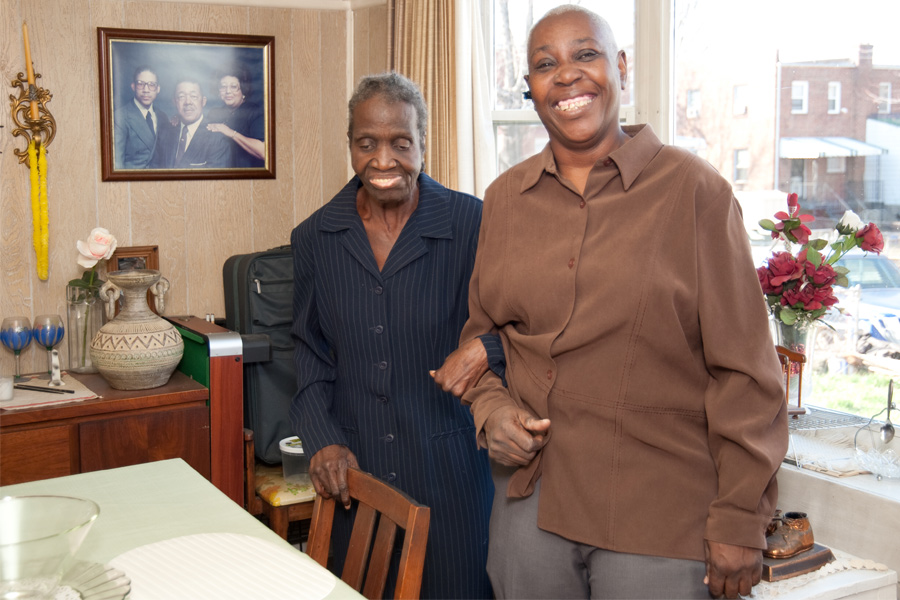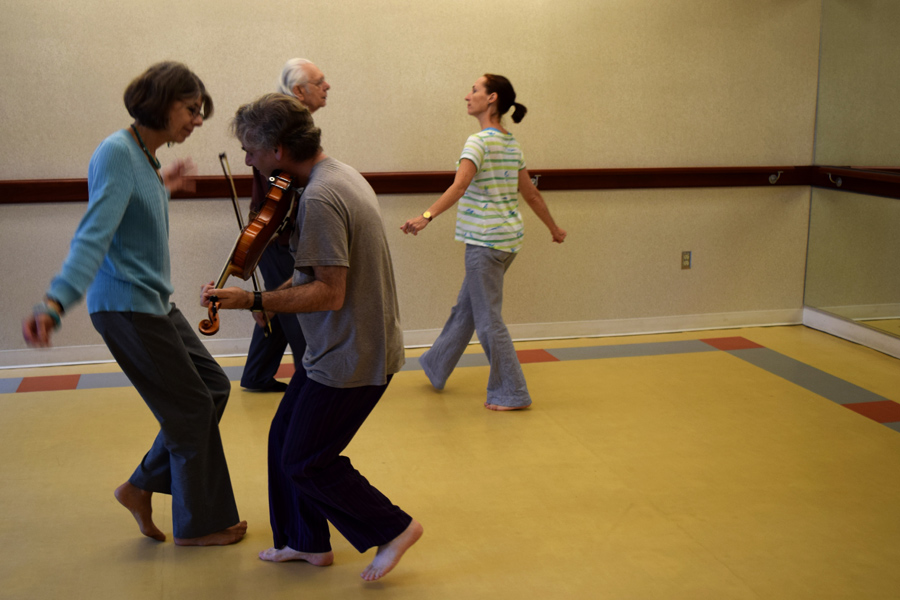Practicing Self-Care in Uncertain Times

The COVID-19 (coronavirus) has created a great deal of uncertainty and anxiety. The situation today may be different next month or even tomorrow. Things are changing fast.
During stressful times, practicing self-care becomes even more important. As anyone who has ever been responsible for the care of another can attest, it’s easy to ignore your own needs when somebody else’s seems so much more present or overwhelming. But when you forget to take care of yourself first, your effectiveness as a caregiver only diminishes. And, in such uncertain and rapidly changing times, practicing self-care is good practice for anyone—not just caregivers.
Plus, it’s not just about effectiveness. Staying grounded also helps to ease your own unnecessary stress or suffering. When our amygdala (located in our brain’s medial temporal lobe) is activated by a situation that is interpreted as a potential threat, even if it’s just reading news headlines or an email, it initiates physiological changes such as increased muscle tension and accelerated breathing. Practicing self-care and simple grounding techniques can help put a pause on these feelings of stress.
Simple Ways to Practice Self-Care:
- Get adequate sleep. Most of us know we should try to avoid screens (computers, tv, phones) one – two hours prior to going to bed and cut out the caffeine later in the day, but did you know that certain foods can actually help you catch your zzz’s. Studies have shown that foods such yogurt, fish, tart cherry juice, jasmine rice, and even kale can lead to a better night’s sleep. Experts also suggest that trying to keep a consistent bedtime can be helpful, as well as including activities in your bedtime routine such as: taking a warm bath (with lavender), reading in bed, or listening to soft music.
- Check in with your community. Being able to share your feelings and experiences with others can be one of the most valuable things you can do for yourself. If you are practicing social-distancing right now, you can still make space for your community and the people in your life. Phone calls, Skype, Facetime, even a handwritten note work! There are also wonderful tools online that help you connect with others, learn new things, even enjoy musical performances—all from your home! Mather LifeWays Telephone Topics, for example, offers:
- Wellness programs
Enjoy live, guided chair yoga or meditation sessions to stretch your body or mind. - Education programs
Learn about history, healthy habits, architecture, and more. - Discussion topics
Join a lively discussion on sports, movies, and other topics, and share your own ideas! - Music reviews
Listen and learn about opera, early rock ’n’ roll, and other musical genres. - Live performances
Listen to live vocal performance or master storytelling sessions.
- Wellness programs
Visit https://www.matherlifeways.com/neighborhood-programs/telephone-topics for more information. To participate, dial 1-888-600-2560.
Well Connected is another resource. It offers activities, education, support groups, and fun conversation over the phone or online. You can connect no matter where you are and at no cost to you. Conversations run the gamut, with past topics covering everything from art and zoology to meditation. Well Connected also meets 365 days a year, so there’s always a lively conversation for you to join. Most groups last about 30 minutes to an hour. Newcomers are always welcome! And, if you don’t feel like talking at first, you’re welcome to just listen as long as you let the group know you’re there. If you’re ready to register, please contact 877-797-7299 or email coviaconnections@covia.org. Visit their website to learn more.
- Exercise. There is no question that exercise can make a tremendous difference in your overall health and well-being. Research suggests that even just 15 minutes a day of exercise can make a difference in your physical and mental health as well, reducing stress, depression and even helping with sleep. Online Fitness Videos provide you with a great way to keep active, without leaving your home (or even chair)! Use at your own risk and remember to consult with your doctor before starting a new fitness program.
- National Institute for Health Exercises- https://go4life.nia.nih.gov/exercises/
- Falls Prevention, State of Hawaii-https://www.youtube.com/watch?v=vCd-Dpj07kM
- Breathe. Deep breathing is a well-known and well-researched relaxation technique with numerous benefits, including: releasing tensions, reducing blood pressure, aches and pain and promoting healthy sleep. When you practice deep breathing, you focus on the “now,” the present, not all your responsibilities and problems. Have you ever noticed that in times of stress, your breathing becomes rapid and shallow? By slowing down your breathing and taking deep, deliberate breaths, you can begin to experience relaxation and calm. One very simple breathing exercise that can be done almost anywhere and ideally multiple times a day is to: 1) Inhale through your nose for the count of 5, focusing on expanding your belly 2) Hold your breath for a count of 3 3) Exhale slowly through your mouth for 5. For more breathing exercises, visit here.
- Tune into your body. Research has shown that paying attending to our bodies is an easy way to practice mindfulness and reduce stress. This article outlines simple and effective anchoring practices.
Practicing self-care does not have to be an hours-long activity. Sometimes all it takes is a few minutes, a few times a day to make a difference in your state of mind, your day, and in turn what you can offer others.
Related Articles

A Couple’s Vows Create Opportunities to Age Well

Can You Imagine Taking Three Buses to Get to Iona?

